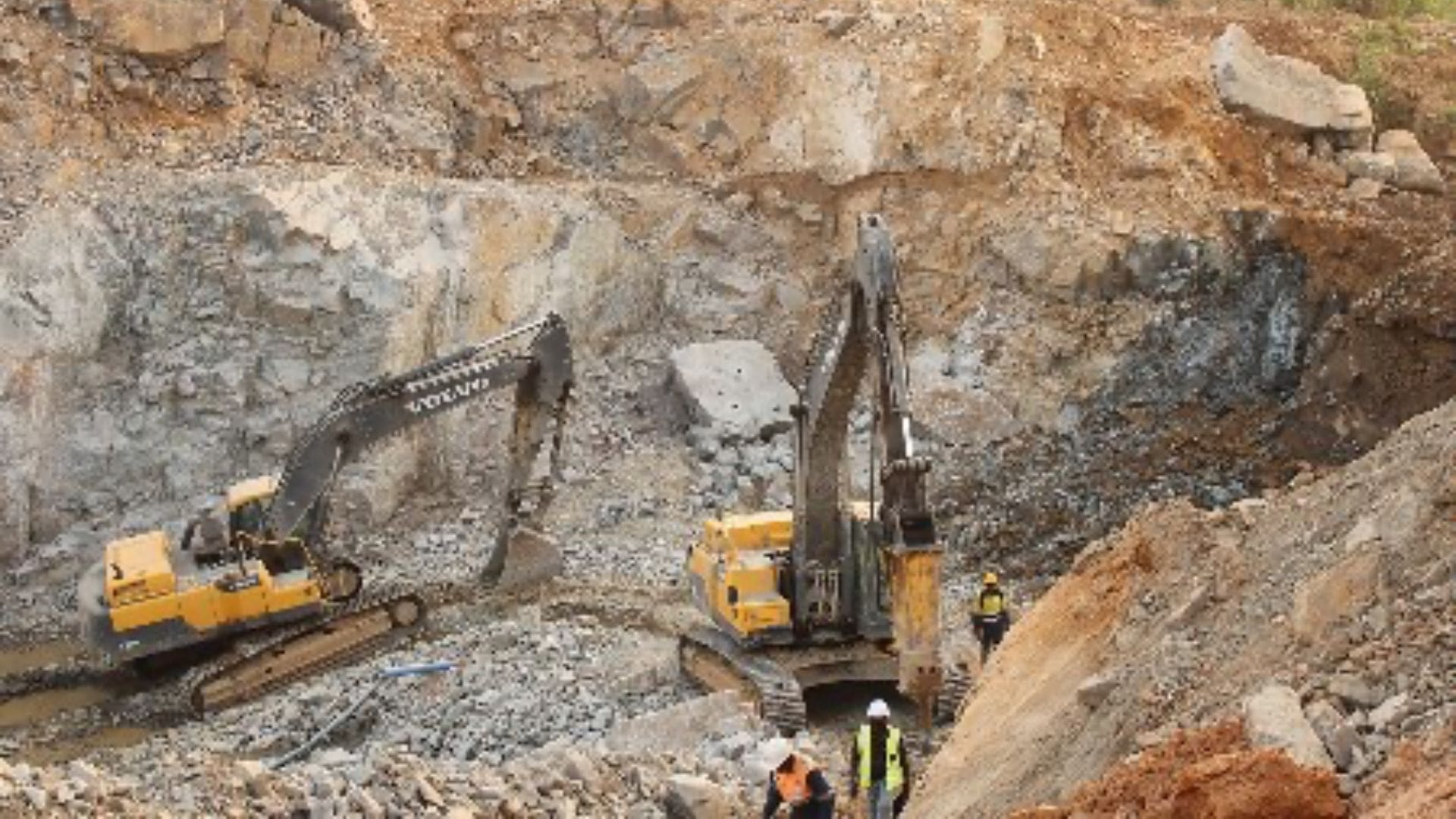Turkey's Mining Industry: Navigating Challenges and Unleashing Untapped Potential
- Turkey | 8 September 2018

Turkey, situated in a strategically significant part of the Tethyan Metallogenic Belt, holds vast mineral resources and is poised to make a mark in the global mining industry. Despite being relatively new to extensive exploration, Turkey has shown remarkable progress over the past two decades. The country’s mining sector has witnessed significant advancements, particularly in gold production, attracting both domestic and foreign investment. However, challenges such as permit acquisition and a decline in foreign investor sentiment have hampered further growth. Nonetheless, Turkey’s mining industry continues to exhibit potential, with significant untapped resources waiting to be developed.
Turkey’s location within the Tethyan Belt, stretching from South-East Asia to Europe, places it in a highly prospective area for mineral deposits. Despite lower exploration spending compared to other regions in the belt, Turkey has yielded a higher number of discoveries, with 22 significant finds between 2006 and 2016. Moreover, Turkey benefits from a favorable cost position, with lower unit discovery costs for copper and gold compared to the world average and Eastern Europe. These factors contribute to the country’s attractiveness as a mining destination.
The privatization of Turkey’s mining industry has played a vital role in its development. Over the past two decades, foreign mining companies, particularly from Canada and Australia, have made substantial contributions to Turkey’s success in the sector. The revision of the mining law in 2010, which created a foreign-friendly mining jurisdiction, further facilitated foreign investment. These investments have not only brought advanced mining technologies and expertise to Turkey but have also elevated the country to become Europe’s leading gold producer.
While foreign investment in Turkey’s mining industry has declined, the sector has experienced a shift towards domestic investments. The permitting challenges faced by foreign investors do not indicate a diminished importance of the industry in the government’s eyes. On the contrary, the government has prioritized mining and provided tailor-made incentives for large-scale domestic projects. Coal mining, in particular, has received significant support as it plays a crucial role in reducing energy imports and addressing the country’s current account deficit.
Gold mining has a long-standing history in Turkey and continues to hold immense potential. However, the sector has been hindered by challenges in obtaining permits, resulting in a decline in exploration activity. Despite these challenges, existing gold mining companies have been actively expanding their projects, and new development projects are awaiting permits. Turkey’s workable gold reserves stand at approximately 840 metric tonnes, with geological estimates suggesting even higher potential.
Several development projects in Turkey’s gold mining sector show promising potential. Companies such as Centerra Gold, Alacer Gold, and Alamos Gold have completed feasibility studies and are waiting for permits to commence operations. These projects, based on open-pit and heap-leach operations, hold significant gold reserves and can contribute to Turkey’s position as a major gold producer. However, the acquisition of permits remains a critical factor in unlocking the country’s untapped gold resources.
Despite challenges in the mining industry, Turkey’s vast mineral resources and favorable cost position continue to attract both domestic and foreign investors. The government’s emphasis on mining and the presence of skilled labor further enhance the industry’s potential. To fully realize Turkey’s mining aspirations, addressing permitting challenges and streamlining the regulatory process are crucial. With continued investment and a focus on sustainable mining practices, Turkey can unlock its untapped potential and establish itself as a significant player in the global mining industry.








